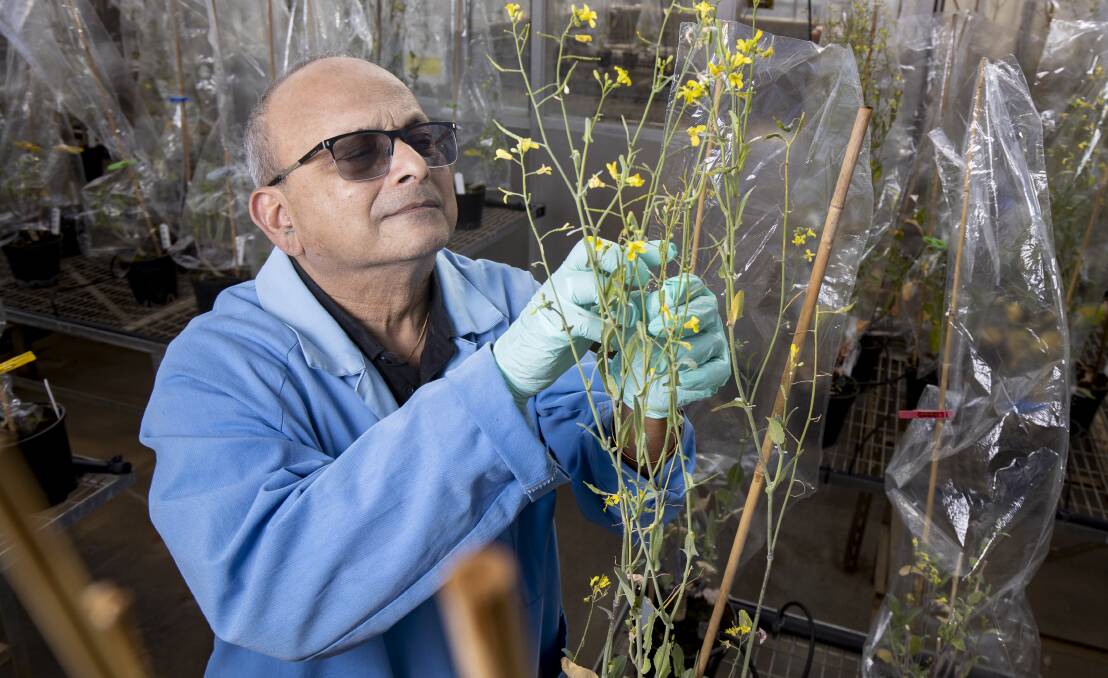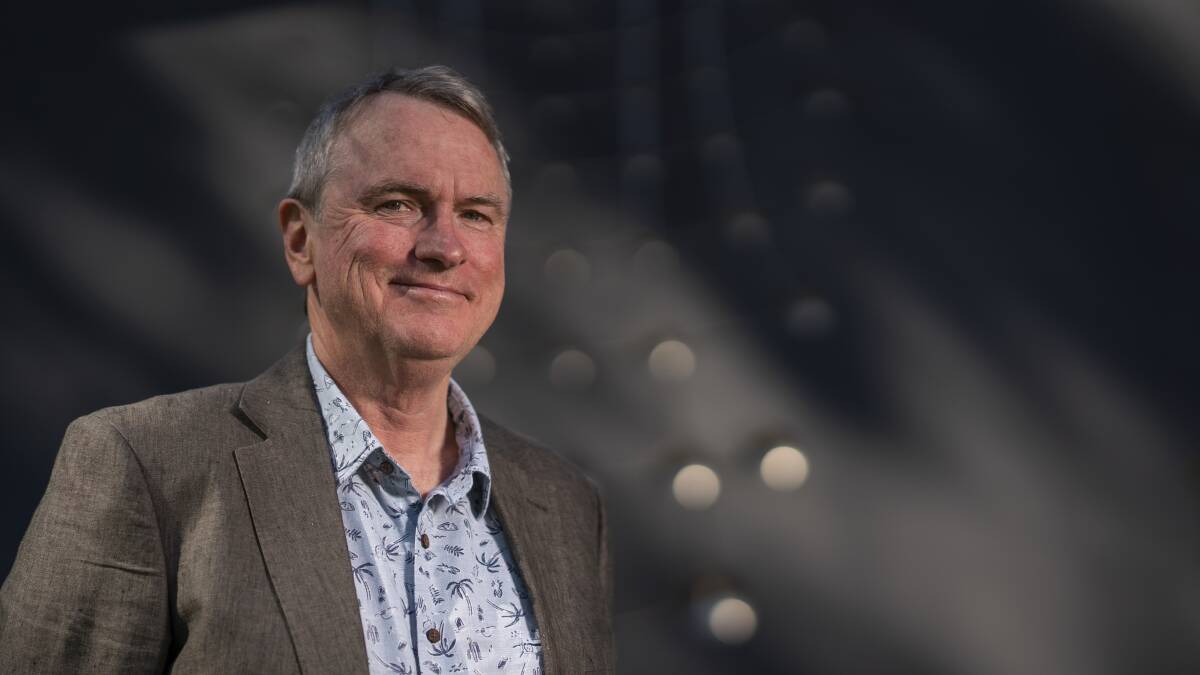From the tiniest organisms deep in the ocean to the vastness of the universe, the work of two Canberra scientists has won them a top honour.
Subscribe now for unlimited access.
or signup to continue reading
The Australian Academy of Science has elected Dr Surinder Singh and Professor David McClelland as fellows for their ground-breaking work.
They were chosen by their fellow scientists to join the body which is regarded as the premier association of scientists in the country.
Professor McClelland of the Australian National University is one of the key figures in a global effort to unravel the secrets of the universe.
And Dr Singh led a team at the CSIRO laboratories at Black Mountain. They re-engineered vegetable oil so it would offer the same health benefits that we get from eating fish.
The CSIRO researchers genetically modified the canola plant so it produces oil which contains omega-3 fatty acids.

At the moment, eating salmon and other fatty fishes is the best way of getting this substance, which is widely considered to lower blood pressure and prevent heart attacks.
Dr Singh extracted the omega-3 DNA from tiny algae and modified the canola plant with it.
The genetic modification could help preserve threatened fish stocks. At the moment, farmed fish like salmon and trout get their omega-3 fatty acids from smaller fish like anchovies which get it from the algae.
But in future, the farmed fish could just be fed the modified canola oil, and that would relieve the pressure on stocks of anchovies.
"Fish stocks are in somewhat of a decline," said Dr Singh, "and that poses challenges in getting an adequate supply."
Dr Singh said the omega-3 infused oil would be commercially available later this year.
CSIRO is a federal government agency but its research is then put into commercial use by companies.
That step has now been taken with the adapted oil. It's also been given regulatory clearance in the United States.
The second Canberra scientist to be honoured with a fellowship of the Australian Academy of Science is Professor David McClelland of the Australian National University.

The physicist has been one of the leaders of a global effort to identify gravitational waves, an important venture which helps our understanding of the universe and how it originated.
Professor McClelland said, "It's a great thrill and honour to be elected to a Fellowship of the Academy of Science.
"It is wonderful recognition of my and my team's contribution to one of the great achievements in physics - the detection of gravitational waves, opening a new field of astronomy."
The work is complex but potentially revolutionises our understanding of the cosmos. It helps scientists understand how the universe may have begun with a big bang of stars and concentrations of energy.
It's been said that the implications are as far-reaching as Galileo's realisation that the world travelled around the sun and not the other way about.
The work also confirms some of Einstein's theories.
A century ago, he theorised about the existence of these waves but only recently - partly through the work of Professor McClelland - have they been verified.
Two years ago, scientists observed ripples of waves of gravity reaching the earth from some sort of barely comprehensible and huge event 1.3 billion years ago.
They estimated that this event involved entities called black-holes colliding, with the release of incomprehensible amounts of energy.
Each was about 30 times the mass of our sun.


